I know I don’t usually write about books about war or historical fiction, but here’s one to throw into the mix. The Crimson Portrait, by Jody Shields, has gotten some decent reviews and might merit a little reading outside my comfort zone.
 It’s the story of a pastoral estate in England that is transformed into a hospital for soldiers whose faces have become disfigured during World War I. The owner of the estate was a soldier who lost his life in the war, and his wish was for his widow to use the estate to help other soldiers with terrible facial injuries. The plot centers around his widow and her relationship with one of those soldiers, as well as the main doctor in charge of rehabilitating the wounded men.
It’s the story of a pastoral estate in England that is transformed into a hospital for soldiers whose faces have become disfigured during World War I. The owner of the estate was a soldier who lost his life in the war, and his wish was for his widow to use the estate to help other soldiers with terrible facial injuries. The plot centers around his widow and her relationship with one of those soldiers, as well as the main doctor in charge of rehabilitating the wounded men.
According to The Washington Post:
The Crimson Portrait is not really a hospital drama (of which we have plenty anyway) but more a meditation on healing (of which we have far too little). Although Shields’s elegant prose keeps it from ever growing dull, the plot progresses about as quickly as a skin graft fuses. There are a few shocking surprises and outbursts, but for long stretches there’s no apparent forward momentum as McCleary contemplates how to encourage a face to regenerate, how to join “two wet surfaces . . . or mesh snowflakes.” Shields moves from one subtle character to another, carefully turning over moments of muffled agony or muted desire. Even rare passages of dialogue seem purposely stilted and mannered to emphasize the stillness of the hospital, the endless process of waiting.
A summary of this unpleasant plot risks scaring away thoughtful readers (or mistakenly attracting ghoulish ones), but anyone interested in the profound issues Shields raises should look at The Crimson Portrait. Without a false line, she’s managed to write beautifully about what, on the surface, seems too hideous to contemplate.
OK, so it’s not a light read.
The Seattle Times says, “The book falters occasionally when its prose becomes overwritten and overwrought. It’s at its best when Shields trusts her gift for unadorned and precise language — thankfully, that’s most of the time. In particular, she writes intelligent, credible dialogue and provides fascinating medical details — graphic but not repellent. The author also has a gift for describing her characters’ sharp observations.”
From USA Today: “Shields deftly uses facial deformities as a literary device to explore questions of identify, memory, self-esteem and social acceptance. This very literary novel also ponders the sometimes insurmountable levels of grief and suffering brought on by war. There’s nothing uplifting in this novel, but that shouldn’t keep readers away. It’s beautifully presented and, as in Shields’ first novel, The Fig Eater, shimmers with her wonderfully descriptive and poetic style.”
Anyone want to weigh in on Jody Shields?




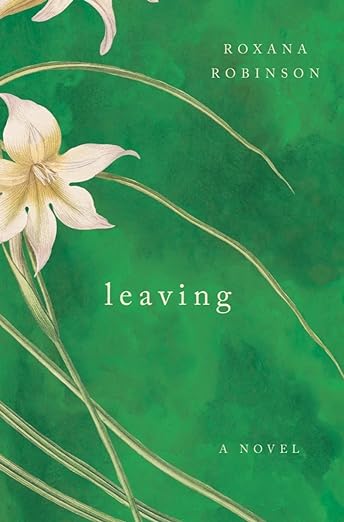
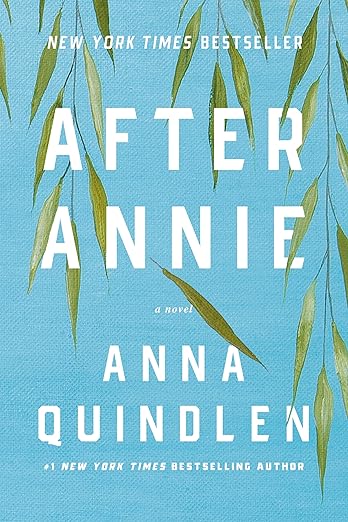
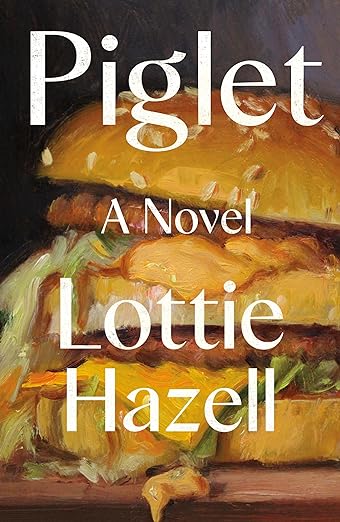

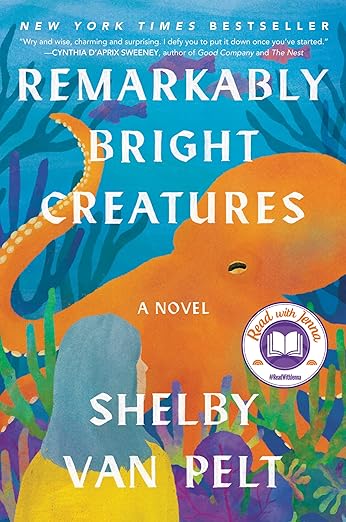
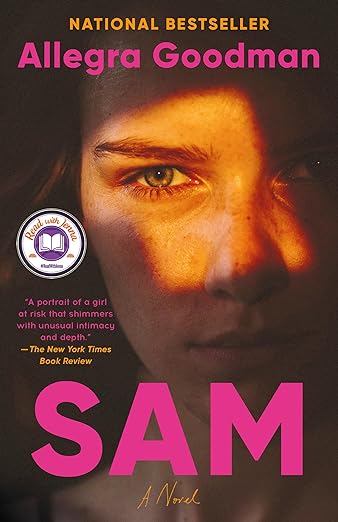
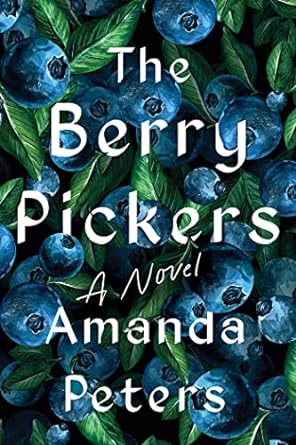
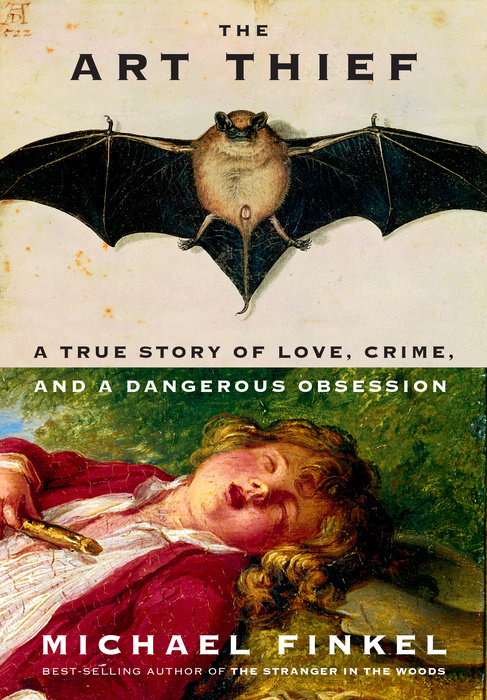
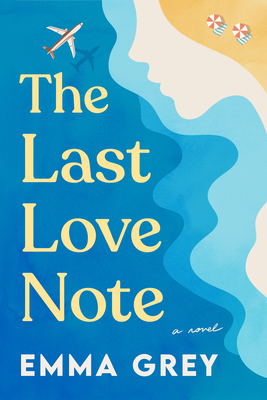
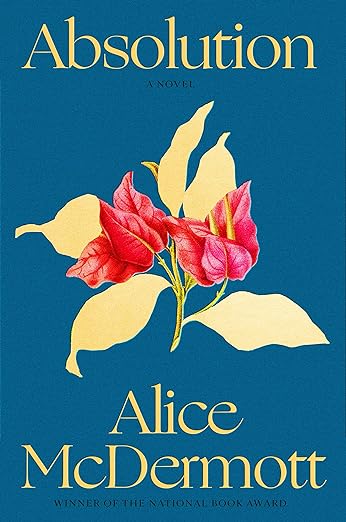
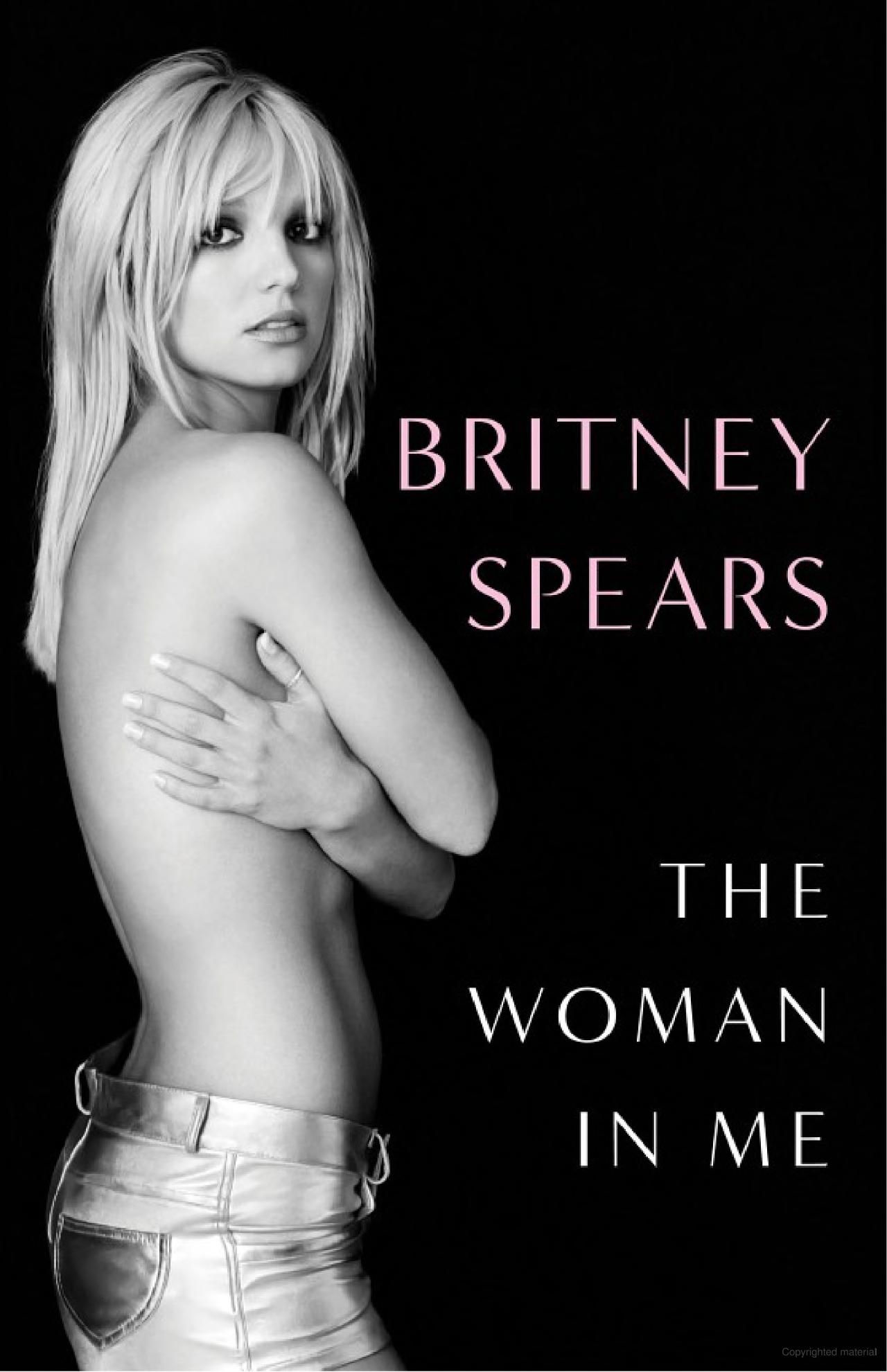
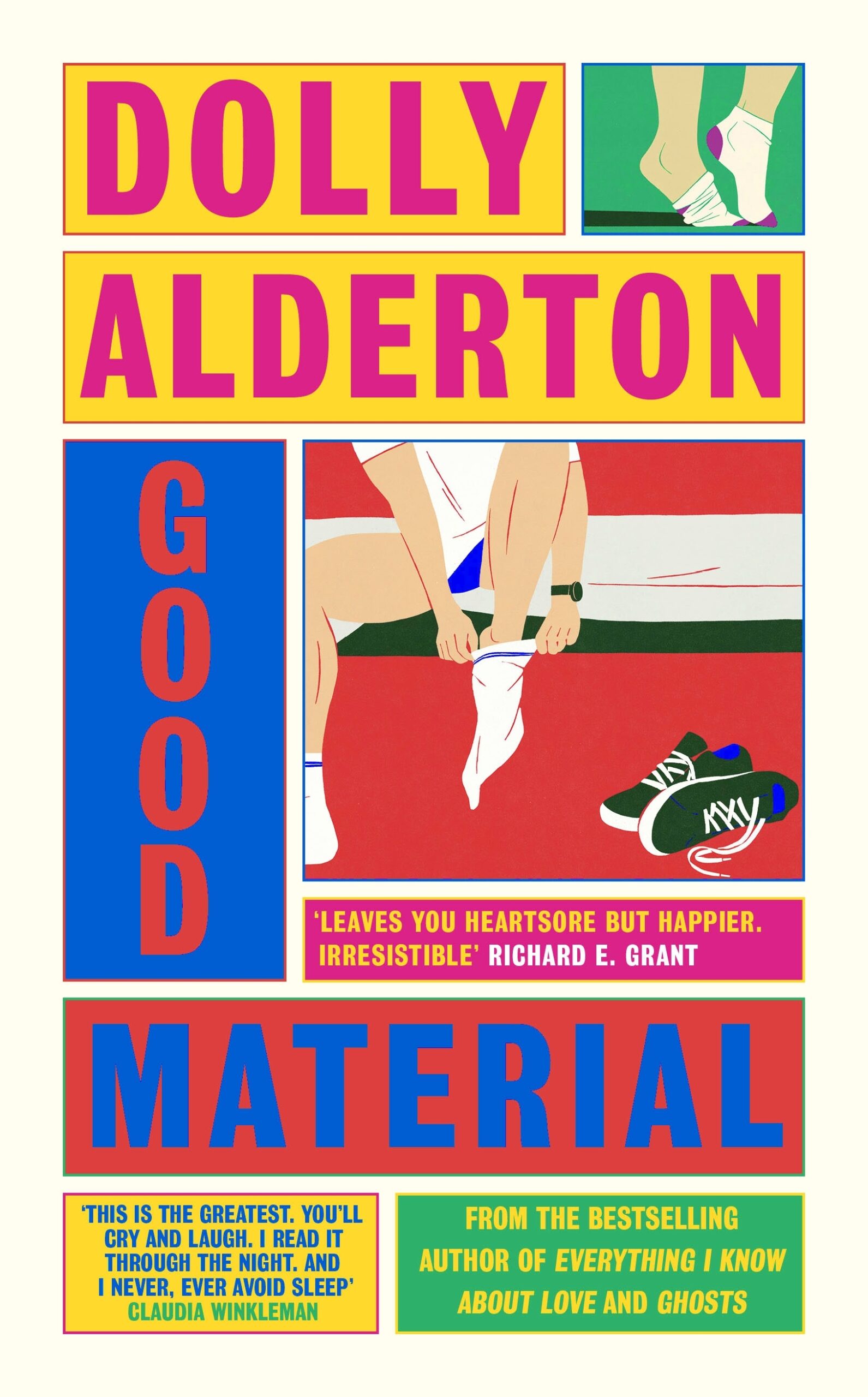
About Me
I have been blogging about books here at Everyday I Write the Book since 2006. I love to read, and I love to talk about books and what other people are reading.